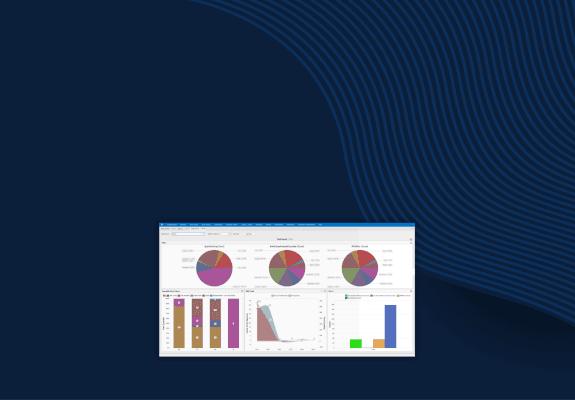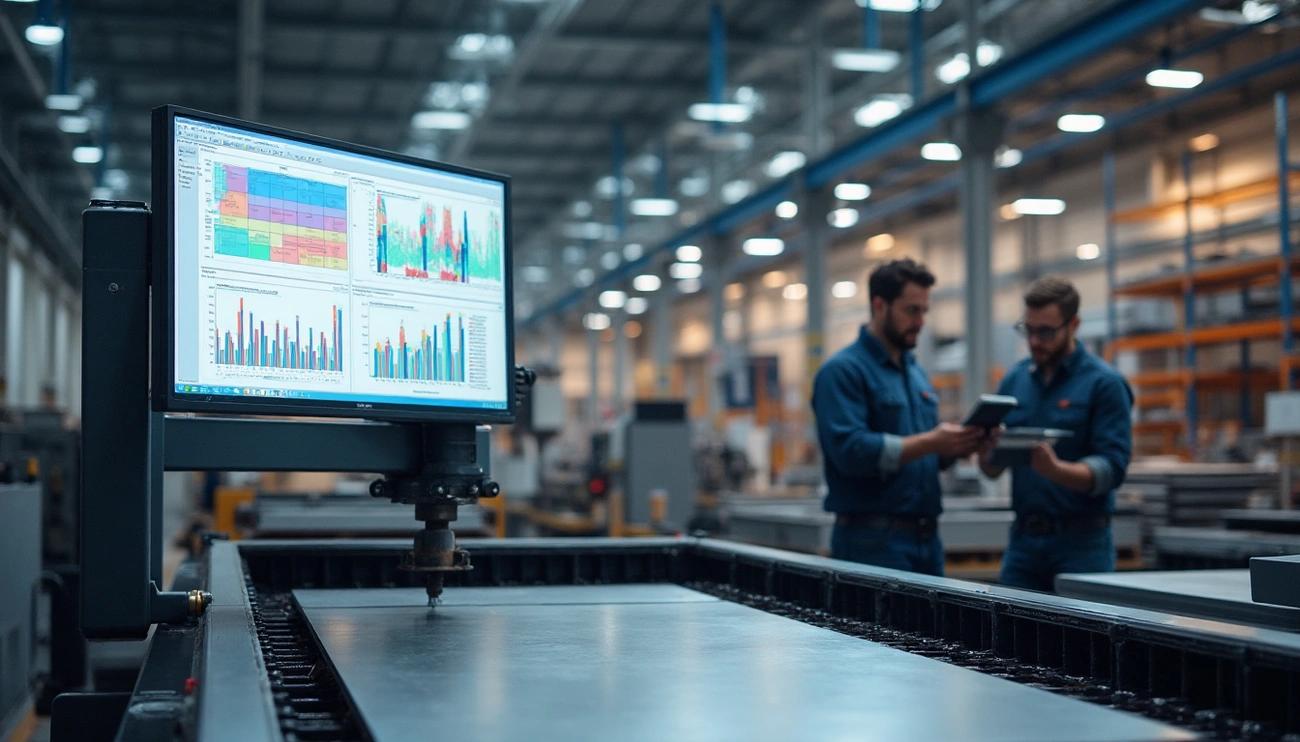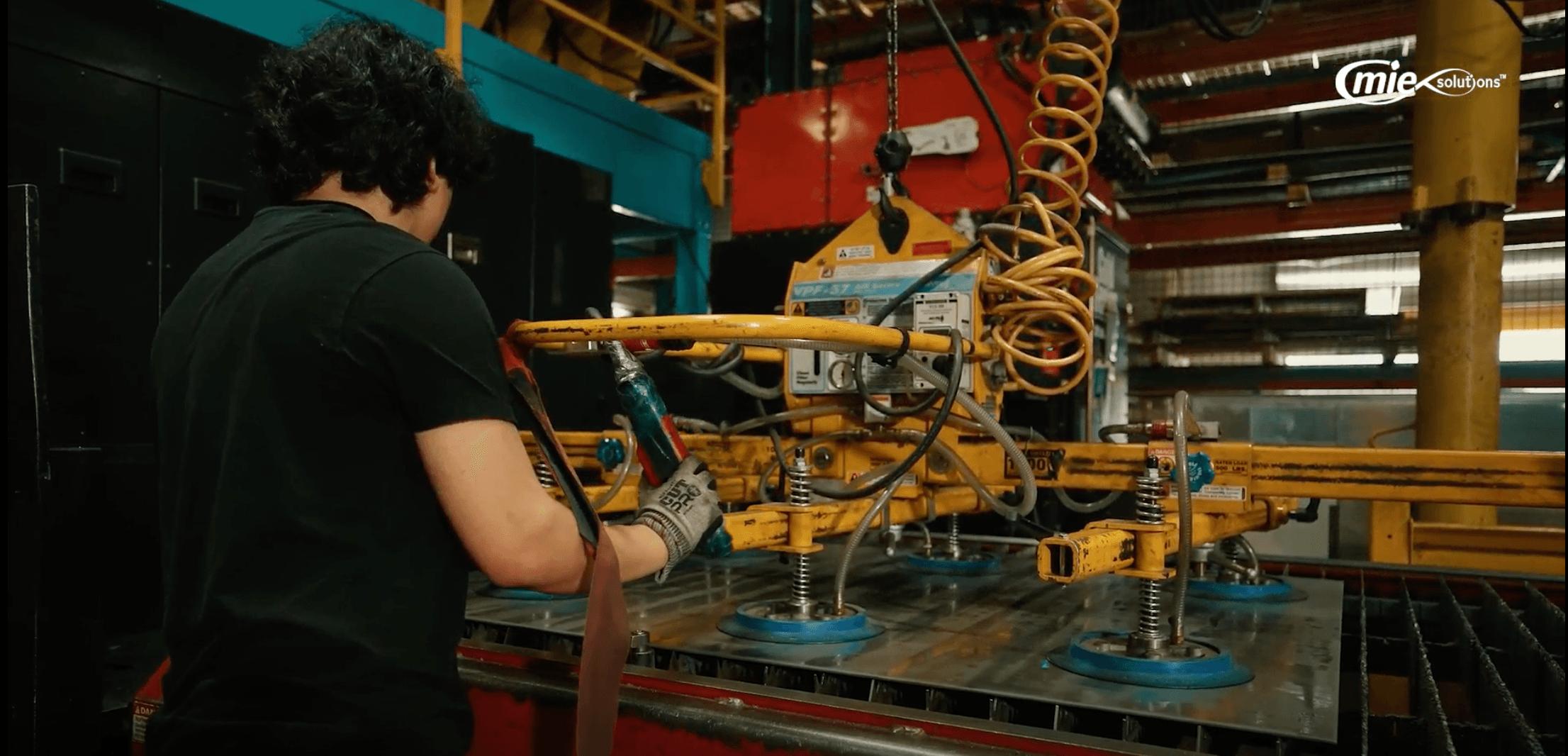A good reputation is hard to win and easy to lose, especially in industries like defense and aerospace where you need to provide clear evidence that your products are both legally compliant and meet quality standards. Any deviation from these will likely spell the loss of both existing and future contracts.
But regardless of the vertical you supply to, no fabricator can afford the financial and reputational repercussions associated with product recalls, dissatisfied customers or a breach of product liability law.
Even if a defective product doesn’t make it out of the factory, the wasted time and materials will impact both your team’s morale and your profit margins. Product recalls and warnings are commonplace—and while it’s not always clear where these items were manufactured, a focus on compliance and quality is one of the key things that sets U.S. firms apart from overseas competitors.
That said, managing them effectively isn’t straightforward for smaller manufacturers, not least because regulations and customers’ demands are always changing. Those who rely on spreadsheets, or an out-of-date or generic ERP, can quickly come unstuck, if not by recalls and warnings but by the loss or failure to win contracts because they can’t demonstrate they are a trusted supplier.
Quality and compliance are two sides of the same coin—you’re unlikely to achieve one without the other but there are differences too. In this article, we’ll look at how you can use an industry-specific ERP to establish and reinforce good practices in your production processes and relationships with suppliers.
What we’ll cover:
- How does an ERP help fabricators and job shops to stay compliant?
- Why do you need a manufacturing quality management system?
- Benefits of choosing an industry-specific ERP for compliance and quality management
How does an ERP help fabricators and job shops stay compliant?
An ERP brings together all of your business and production operations so you can efficiently manage everything—including compliance—in a secure and centralized environment. With this oversight, you don’t have to trawl through different folders and systems to find the certifications or supplier information you need, which saves time and allows you to be proactive in gaining accreditations.
One of the key advantages of an ERP is that it enables you to develop standardized operating procedures (SOPs). Any deviations from SOPs can be quickly identified and corrected via exception automatic alerts, while defects can be traced back to the source (whether it be your own shop floor or one of your suppliers).
It is not enough to rely on gut instinct because you’re following the same process you’ve always followed. You must be able to show auditors and customers all relevant documentation relating to your products, such as inspection records, test reports, ISO standards, and certificates of conformity.
An ERP is critical for accurate record-keeping across your supply chain, allowing you to immediately surface the information you need so you don’t lose out because of an admin issue. It ensures you’re always audit-ready and able to respond to RFIs from potential customers looking for suppliers with mandatory certifications such as the CMMC (Cybersecurity Maturity Model Certification) for defense contractors.
Why do you need a manufacturing quality management system?
A quality management system—a core function of an ERP—helps you to meet quality standards in much the same way that it supports regulatory compliance.
It gives you the visibility you need to proactively identify any defects that may impact the performance of your products and customer satisfaction. Poor-quality products are unlikely to win repeat orders, and they may also fall short of the legal minimum standard. In a world of cheap imports, quality is a point-of-difference for homegrown manufacturers but it’s easy for standards to slide, especially as you take on new orders and grow your operations.
Your ERP allows you to identify both one-off quality issues, as well as recurring ones that could impact performance and profitability over time. It can track inspections, nonconformances and corrective actions in real-time to reduce scrappage and the associated costs during a production run. An ERP can also help you to pinpoint recurring quality issues over time, paving the way for continuous improvement in both production and supplier relations—with customers and end-users ultimately benefiting.
Benefits of choosing a fabricator-specific ERP for compliance and quality management
Most modern ERPs will support compliance and quality management processes for the reasons we’ve seen above. But not all of them are designed for fabricators, with features and functions that can manage complex assemblies and help you comply with specific regulations and standards such as ISO 9001/AS9100 and CMMC.
Generic ERPs may be low-cost and quick-to-install but you could incur higher costs later down the line if you have to pay for customization or even separate software. In general, they’re not designed to handle complex assemblies and customized products.
An industry-specific ERP, developed by manufacturing experts who know how fabricators work, gives the core functionalities you need from the start, with the option to buy advanced features and modules if needed. You get the ease of an out-the box-solution (ongoing development, support, and fast implementation) but with the capabilities you’d once have had to build.
Below, we summarize the key benefits of fabricator-specific ERP for compliance and quality management.
Compliance
Traceability: Detailed inventory tracking throughout production, allowing you to manage materials by physical, dimensional, and chemical attributes. Specialized features display remnants (drops) alongside stock for full visibility, while customizable inquiries (including chemistry and test results) ensure quality and compliance are maintained. A generic ERP may have a traceability function but it doesn’t always give you the level of detail you need.
Industry-specific standards: The standards a metal fabricator has to meet are very different from those of food and drink, pharmaceuticals or toy manufacturers. A generic ERP might cover all of these but you’ll either be paying for functions you don’t need and/or it’s not as well set up for audits/assessments relating to CMMC and ISO 9001.
Auditing: Detailed auditing capabilities, ensuring you’re ready for inspection/assessment and RFIs.
Quality management
Better reporting: Dashboards with real-time data and reporting functionality allow you to identify potential issues and longer-term trends.
Supplier management: Understand supplier performance and RMA frequency.
Be proactive: Identify and correct non-conformity with CPAR (Corrective and Preventive Action Requests). Jobs can be reworked straight from an RMA and internal non-conformance report.
Conclusion
An ERP is non-negotiable for managing quality and compliance in today’s world—manual processes and even modern yet generic ERPs often aren’t cut out for the complex and ever-changing regulatory environment, nor helping you differentiate yourself as a quality supplier. The good thing about an ERP for fabricators is that you already have inbuilt features to manage both compliance and quality, ensuring that neither becomes more complex as you scale up your operations. Instead, they’re fully integrated into every part of your business, so they become the norm rather than a headache.



